Grading policies must reflect growth and learning
Website that links communication between teachers, parents and students concerning academic achievement. Teachers post grades on this website and also announcements. Students use this tool to check their grades.
The Stillwater Grade Reporting Policy is focused on reflecting student’s achievements and it explains what grading includes. It is also the link between teachers, parents/guardians and students when it comes to communicating academic progress. Although the policy covers many things like student standards, teacher standards, academic dishonesty, etc., it does not include procedural information about formative and summative assessments, retake policy, missing and/or late work or extra credit, which at times creates grading practices that are inconsistent throughout the school.
Much of these practices are at teacher’s discretion which complicates understanding for students who are working with six different grading practices in each of their six classes.
“It’s really hard to have a different grading system for each of my classes. I think it would make expectations more clear if every teacher graded the same,” junior Hailey Sharon commented on grading at our school.
The policy does not include a common grading scale which creates an inconsistent system. It is understandable that grading philosophies may differ by teachers but the overall intent is that a grade reflects what a student should know, not their behaviors. For example, penalizing missing or late work or giving extra points for extra credit does not reflect if a student understands the classes’ learning targets. This can actually skew the grade that is supposed to reflect those learning targets. It’s really hard to have a different grading system for each of my classes. I think it would make expectations more clear if every teacher graded the same. — Hailey Sharon
Receiving a zero on an assignment actually grades a student’s behavior of not turning work in versus if they actually know the material.
“I believe students should get graded on the assignments they turned in, and no points should be taken away if they turn it in a day later. The grade they get would show only what you actually learned and not the punishment you got from turning it in late,” junior Vivian Horning said about late work.
Another example of academic dishonesty is cheating. If a student cheats on a test and receives a zero, the grade is showing a punishment instead of if they actually know the material that was on the test. Once again a grade is then skewed.
The current grading policy lacks specific direction that may need to be included to keep consistency by all staff members. This is so student’s individual grades reflect what they know instead of whether or not they are completing their homework or doing extra credit rather than the actual work.
The Grade Reporting Policy is stated to “primarily reflect academic progress” and be “fair and evidence based” yet it is not specific enough to be consistent at the school at this time.

I am Grace Roeske, I am a sports editor and a junior this year. I am a goalie on the Stillwater Girls Varsity Hockey Team and I enjoy attending the Young...


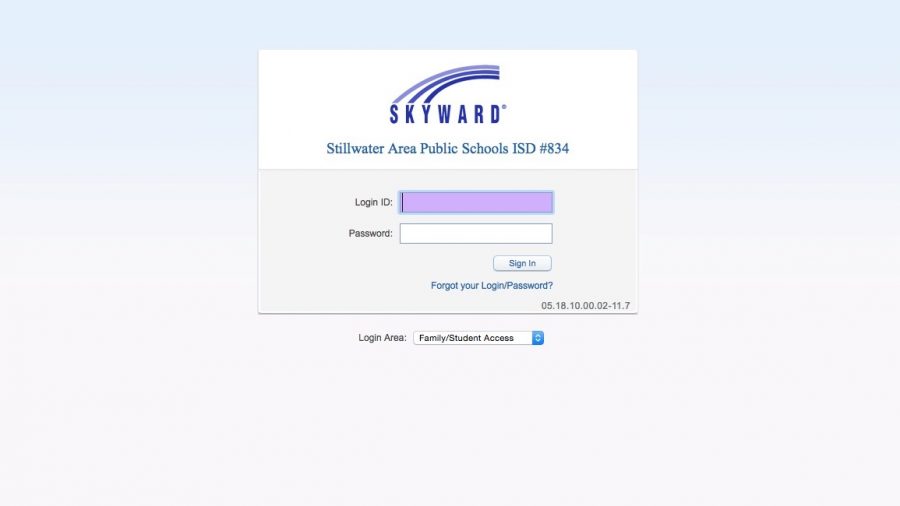
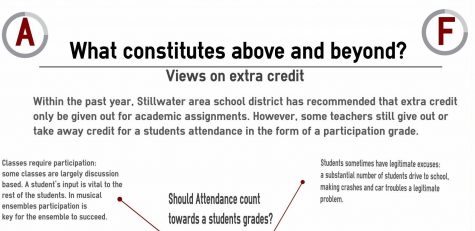
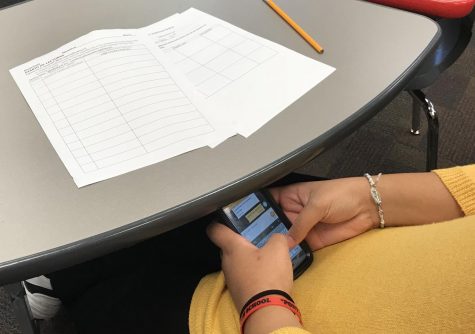
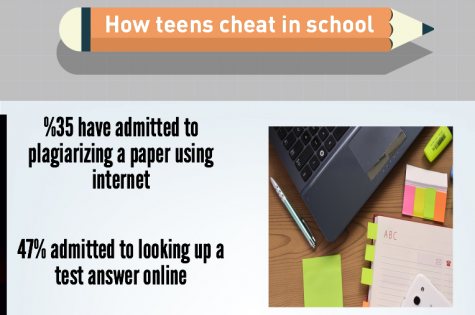


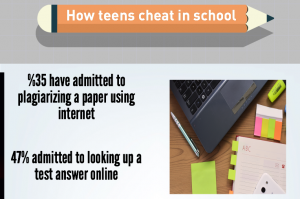














Paige Sanders • Jan 2, 2019 at 6:53 pm
It is important that teachers should talk about and have similar grading scales due to confusion if how different teachers grade. I like how this article is talking about a not very popular topic but it is very important when it comes to grades and what they mean to students. Great job expressing Skyward’s grading system/entry!
Paige Sanders • Jan 2, 2019 at 6:52 pm
It is important that teachers should have similar grading scales due to confusion if how different teachers grade. I like how this article is talking about a not very popular topic but it is very important when it comes to grades and what they mean to students. Great job expressing Skyward’s grading system/entry!